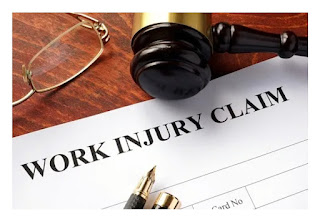General Liability Class Codes

General Liability Class Codes General liability class codes are used by insurers to classify small businesses according to the risks they face. They help insurers determine the correct price to charge customers for general liability insurance. General liability class codes are numbers that represent small businesses that do similar work and share common hazards. Using research, insurers can predict the losses companies in each code will experience over time. This helps them set an appropriate general liability insurance premium for those businesses. How are general liability class codes different from workers’ compensation class codes? General liability class codes and workers’ compensation class codes are similar in that they both classify businesses by risk to help insurers charge an accurate premium. However, they can only be used for their specific insurance product. For example, an insurer can’t use the NCCI workers’ compensation codes to generate premiums for general liabil...



















